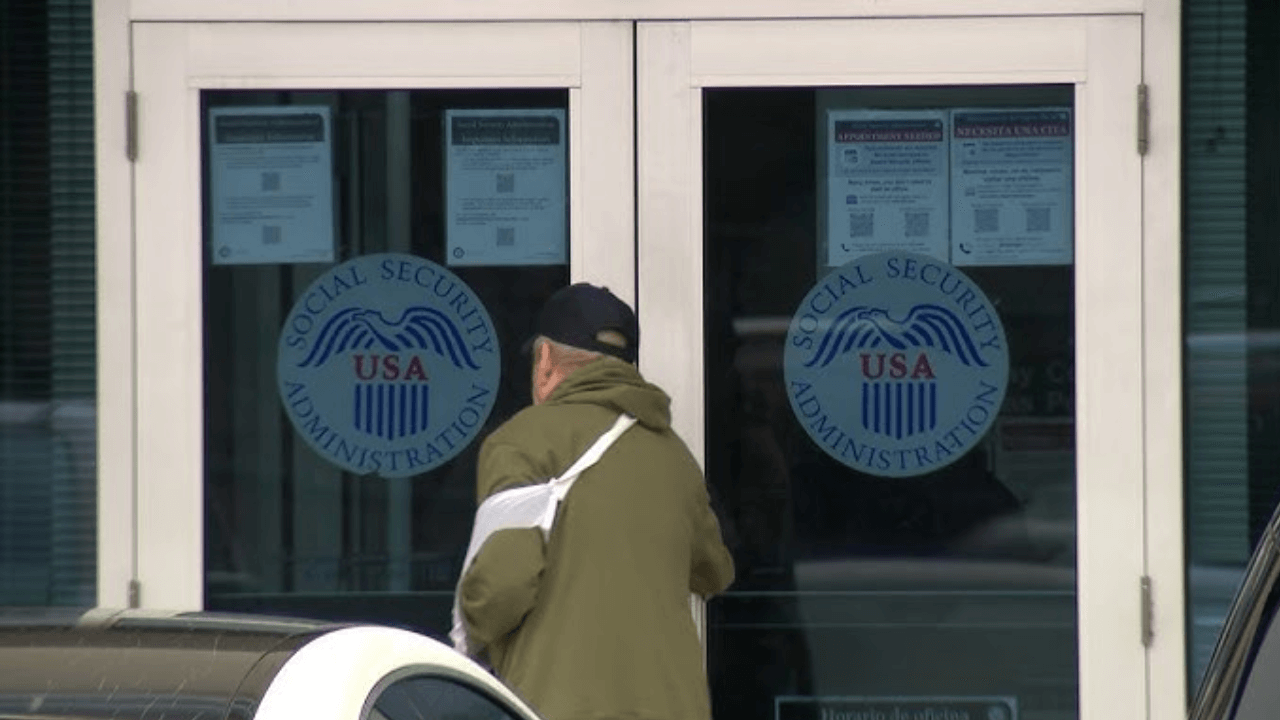The Social Security Fairness Act has introduced a major shift in how certain retirees receive their benefits by eliminating two controversial rules — the Windfall Elimination Provision (WEP) and the Government Pension Offset (GPO). These provisions had long been a source of financial strain for many public sector workers, such as teachers, police officers, and firefighters, who saw their Social Security benefits slashed even after contributing to the system through other jobs. With the repeal now in place, many of them could finally see a fairer return, including possible retroactive payments and higher monthly payouts.
However, it’s not all smooth sailing. While the financial boost is welcome news, it could push some retirees into higher income brackets, leading to increased tax liabilities and potentially higher Medicare premiums. The new law is a significant step forward for fairness in retirement income, but it’s important to plan carefully to avoid unexpected costs. For anyone affected by these changes, professional guidance could make all the difference.
Understanding the Social Security Fairness Act

Many Americans are worried about the future of Social Security, and rightfully so. A recent survey by LendingTree found that over half of the respondents fear they can’t retire without it, while many doubt the program will still be around when they stop working.
Amid these concerns, a major update has been introduced — the Social Security Fairness Act. This law repeals the Windfall Elimination Provision (WEP) and the Government Pension Offset (GPO), which had unfairly reduced benefits for certain public service employees.
People most affected by this change include retired teachers, firefighters, police officers, and government workers who previously saw their benefits cut, even if they had paid into Social Security through other jobs.
What Was the Windfall Elimination Provision (WEP)?
The WEP was known for lowering Social Security payments for individuals who received a pension from non-covered employment. For example, someone who worked for a state government without Social Security coverage but also held part-time jobs that did contribute to the system would see their Social Security benefits reduced.
Now that WEP has been repealed, these retirees could receive up to $360 more each month, according to Peter Diamond, a certified tax and bankability expert. This change allows their benefits to reflect their full earnings history, instead of being reduced unfairly.
Ending the Government Pension Offset (GPO)
The GPO affected spousal and survivor benefits. It reduced the Social Security benefits for a spouse or widow(er) by two-thirds of the retiree’s government pension. In many cases, this meant receiving zero benefits, even if that individual had contributed to Social Security elsewhere.
With the GPO repealed, spouses and surviving partners can now claim their full Social Security benefits. For instance, a retired teacher receiving a pension can now also receive full spousal benefits, which can significantly raise household income.
Retroactive Payments Add a Financial Boost
One of the most appreciated features of the repeal is that it applies retroactively from January 2024. This means eligible retirees could receive lump-sum back payments. On average, these payments are about $6,710, offering an immediate financial boost to those who’ve had reduced benefits during the year.
More Money, But Higher Taxes
While the increase in Social Security benefits is good news, it can have side effects. Retirees who now receive more may end up paying more in taxes. Depending on total income, up to 85% of Social Security benefits can be taxable. A retiree who previously didn’t meet the income threshold for taxation might now fall into a taxable range due to the bump in benefits.
Watch for Medicare Premium Changes
Another potential downside is the effect on Medicare costs. Higher Social Security income can raise a retiree’s Modified Adjusted Gross Income (MAGI), which may result in increased Medicare Part B and D premiums. This happens through IRMAA (Income-Related Monthly Adjustment Amounts), which raises costs for higher-income retirees.
Is It All Worth It?
Despite these possible drawbacks, experts believe the Social Security Fairness Act is a positive move. Danny Ray, founder of PinnacleQuote, said the repeal is a “game changer” for those previously affected. While it won’t benefit every retiree, it brings much-needed fairness and relief to a group that was disproportionately impacted.
However, it’s important to be cautious. The extra money could create unexpected tax or Medicare issues. That’s why professionals like Peter Diamond recommend working with a qualified tax advisor or retirement planner to make the most of these changes while minimizing the downsides.









